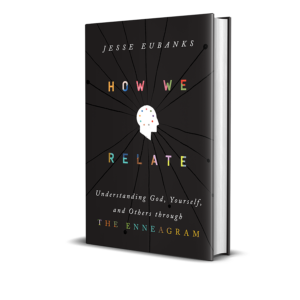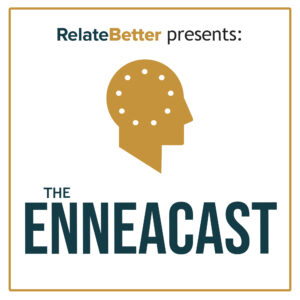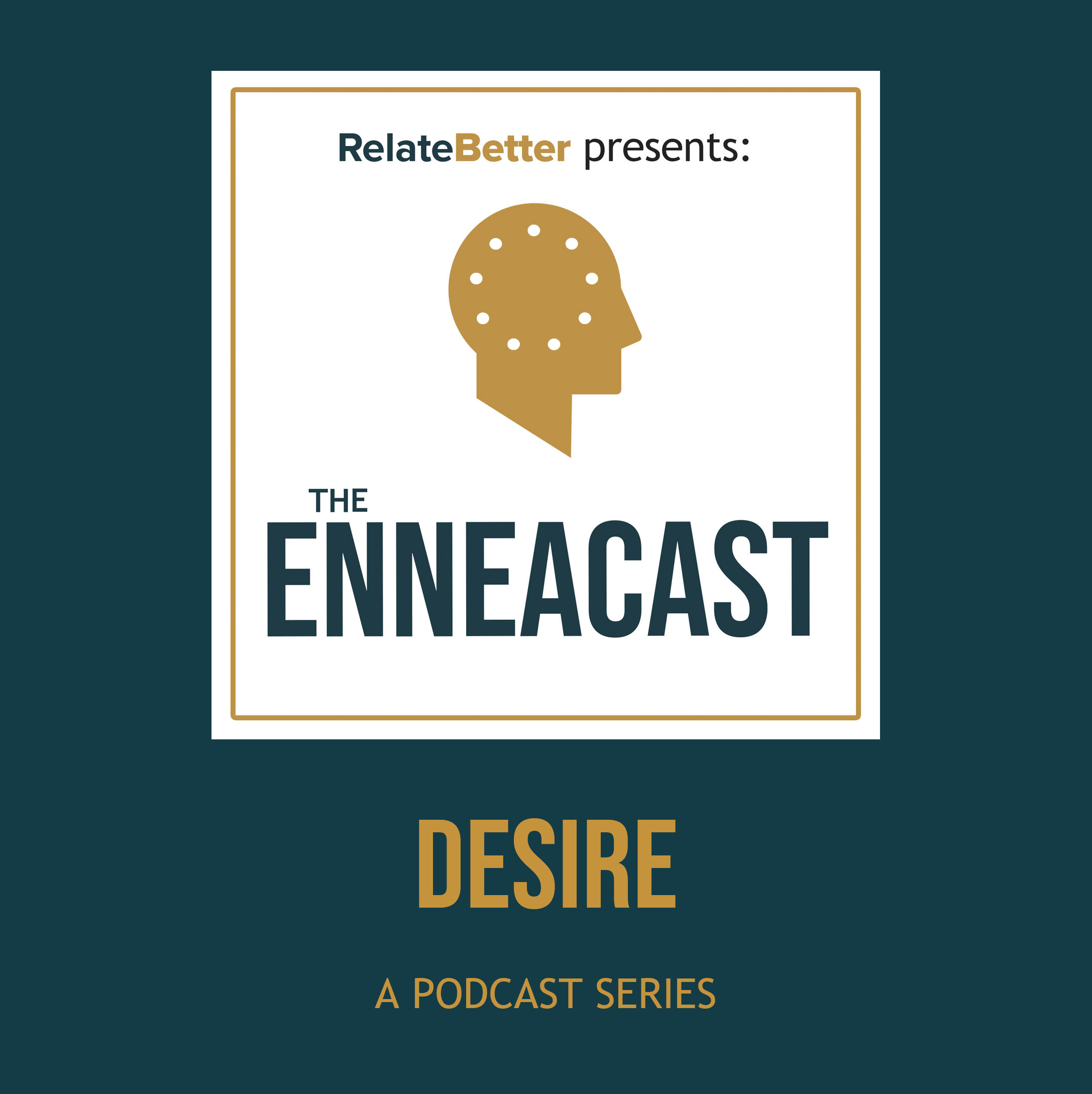What is your relational style? Check out this table to see which one sounds like you.
by Jesse Eubanks
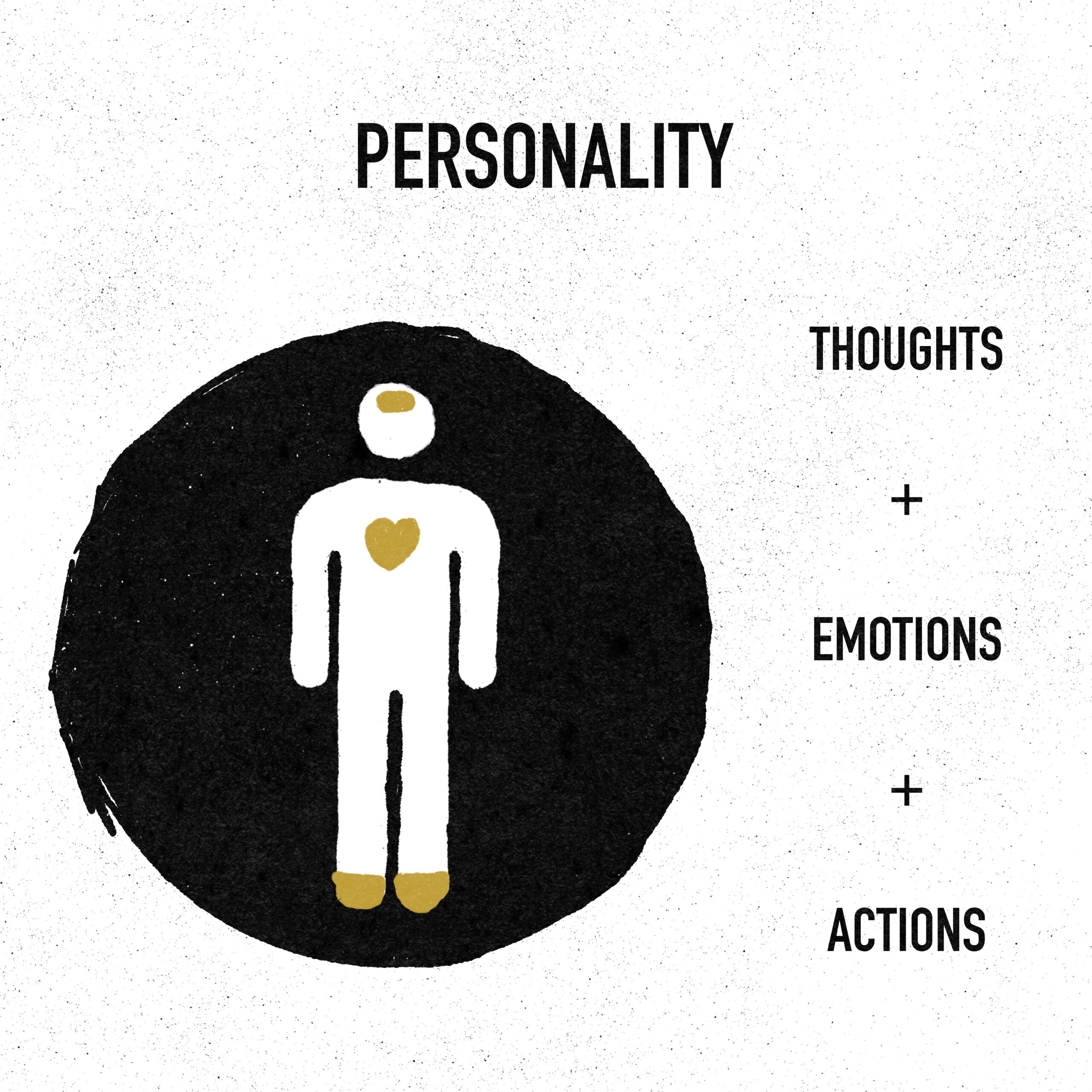
A decade ago, I was on staff at a homeless shelter. Every day, hundreds of people would come through our doors in desperate need, and we would respond to their physical and spiritual needs. We’d share about the hope and love of Jesus with our guests. But we had a secret.
Behind the scenes, the staff was a mess. We fought. We gossiped. We undermined each other’s decisions. The truth is that we didn’t trust each other. We were proclaiming a love that we didn’t know how to give to each other. We were airplane salesmen hoping you wouldn’t ask us if we actually knew how to fly.
Did you know that the number one reason Christians leave the mission field is because of conflict with other Christians? I suspect this is also the reason Christians leave churches, marriages, and friendships. Often, the problem is not “the world.” The problem is us.
We don’t know how to do relationships
This is tragic, because Jesus said all the law and prophets are hemmed together by our ability to love God and love other people as ourselves. The purpose of life is relationships.
Years ago, I heard an elderly pastor say, “When I was young, I felt called to the ministry, so they sent me off to seminary and filled me with doctrine when the first thing they should have done was sit me around a table with others and taught me how to love.”
Scripture makes it clear that the way we relate to God reveals the way we relate to others—and the way we relate to others often indicates how we will relate to God. In other words, how we relate is how we relate.
How do you relate?
WHAT IS YOUR RELATIONAL STYLE?
A key step toward a healthier relationship with God and others is to first see our relational patterns—both good and bad—and acknowledge them. Why? Because what goes unacknowledged goes unhealed. How can we see our relational patterns?It was in the aftermath of the aforementioned dysfunctional season of ministry that I was introduced to a tool called the Enneagram. The Enneagram is a theory of personality that maps patterns in the ways people behave, feel, and think (what the scriptures call “the heart”—an ancient way of referring to personality). The Enneagram is not a Christian theory, but when it’s wielded with Christian wisdom, it can help us understand our style of relating to God, other people, and ourselves.
A simplified explanation of the Enneagram is that there are nine types—each looking for something they desperately want, each using their own primary strategy for how to find it, which influences their approach to relationships.
Take a look at the table below and see which relational style sounds most like you. (Hint: it’s probably the one you feel embarrassed by when you read it.)
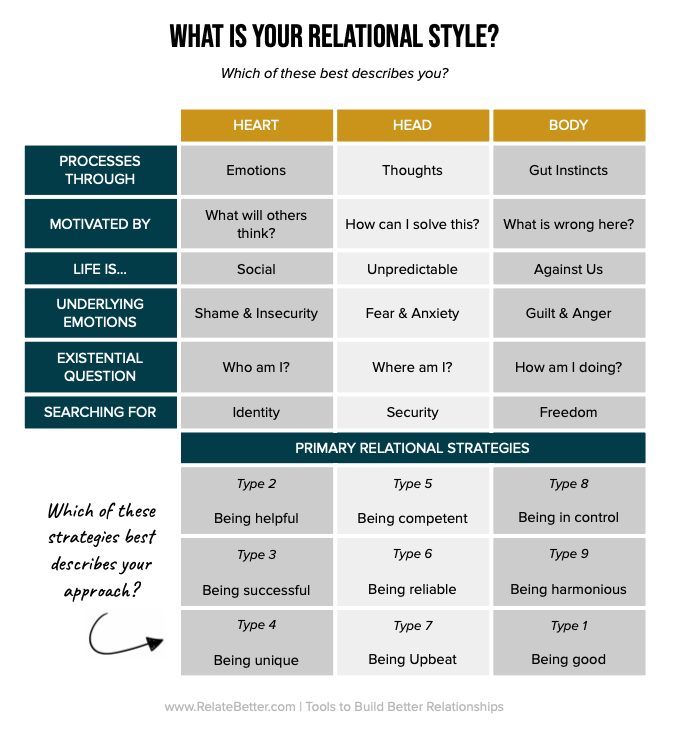
What do you think? Do any of these sound like you?
HOW WE RELATE: UNDERSTANDING GOD, YOURSELF AND OTHERS THROUGH THE ENNEAGRAM by Jesse Eubanks Discover how God speaks into your unique personality and life story to make the gospel come alive for you. Enneagram coach and host of The EnneaCast podcast Jesse Eubanks invites readers to go deeper for true transformation. In How We Relate, Eubanks interprets the Enneagram through the gospel story to help readers grow in self-awareness, improve their relationships, and encounter Jesus. LIFE IS ABOUT RELATIONSHIPS. IT’S TIME TO TRANSFORM YOURS.
Like a workshop, interview and game show for your relational health. Welcome to The EnneaCast, a bi-weekly show that explores personality and the Enneagram through the lens of the gospel. Every episode combines teaching, an interview and a game into a fascinating and fun listening experience. Hosted by Jesse Eubanks and Lindsey Lewis, The EnneaCast features authors, artists, pastors and counselors sharing their wisdom with one goal in mind: to help you experience more meaningful relationships with God, yourself and others.
RelateBetter exists to help you build better relationships. Get the tools. Put them to work. Enjoy better relationships with God, others and yourself. Start here!

